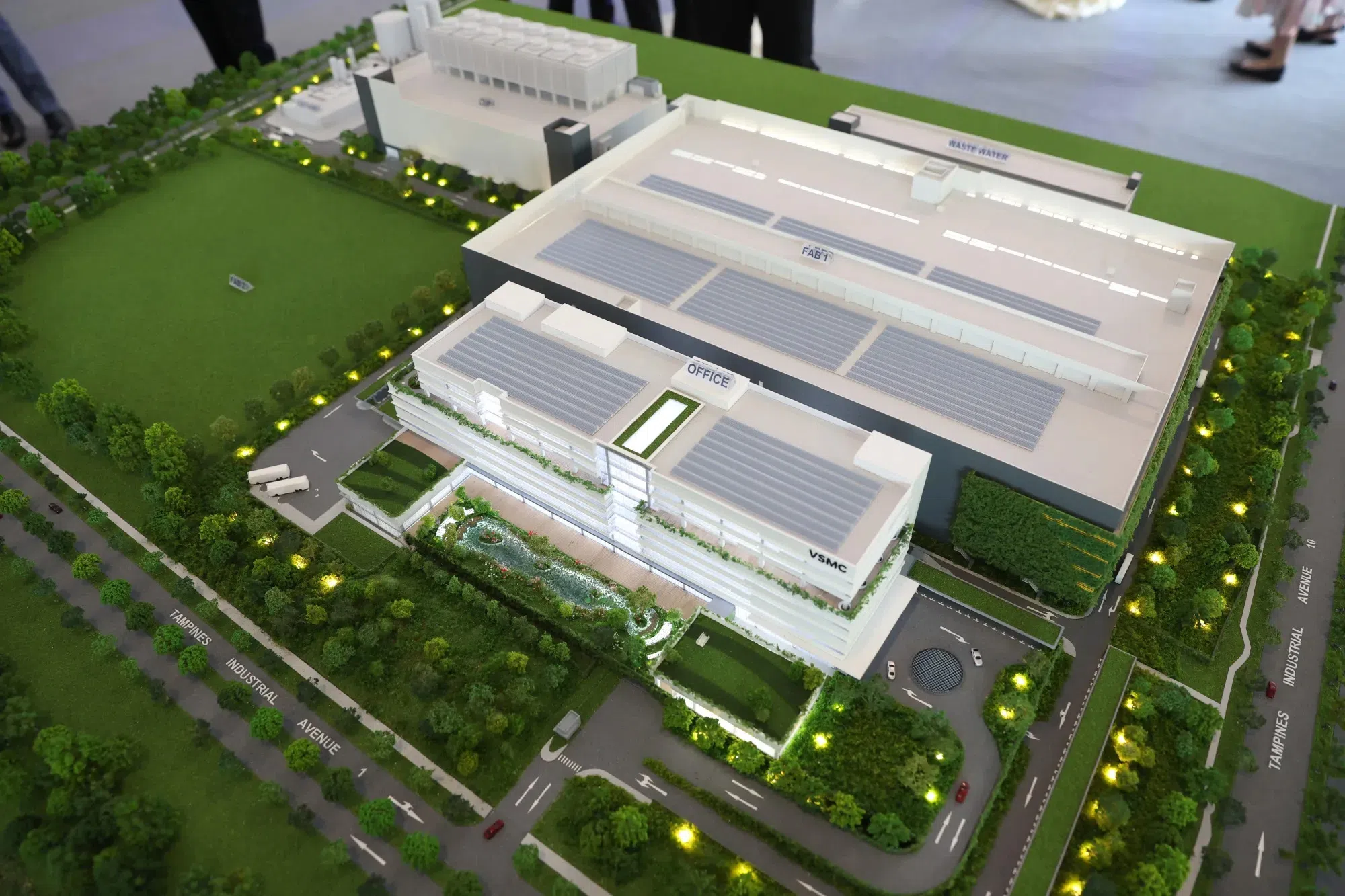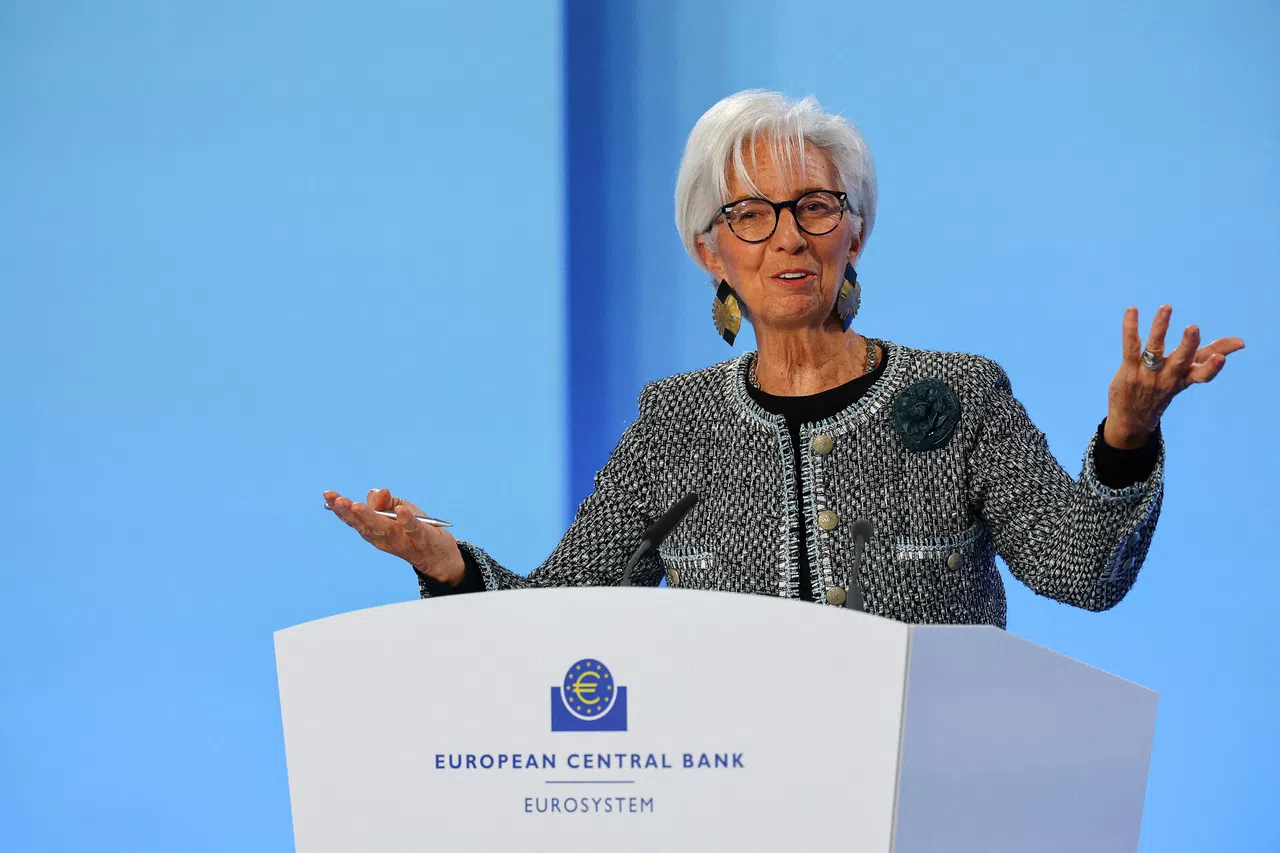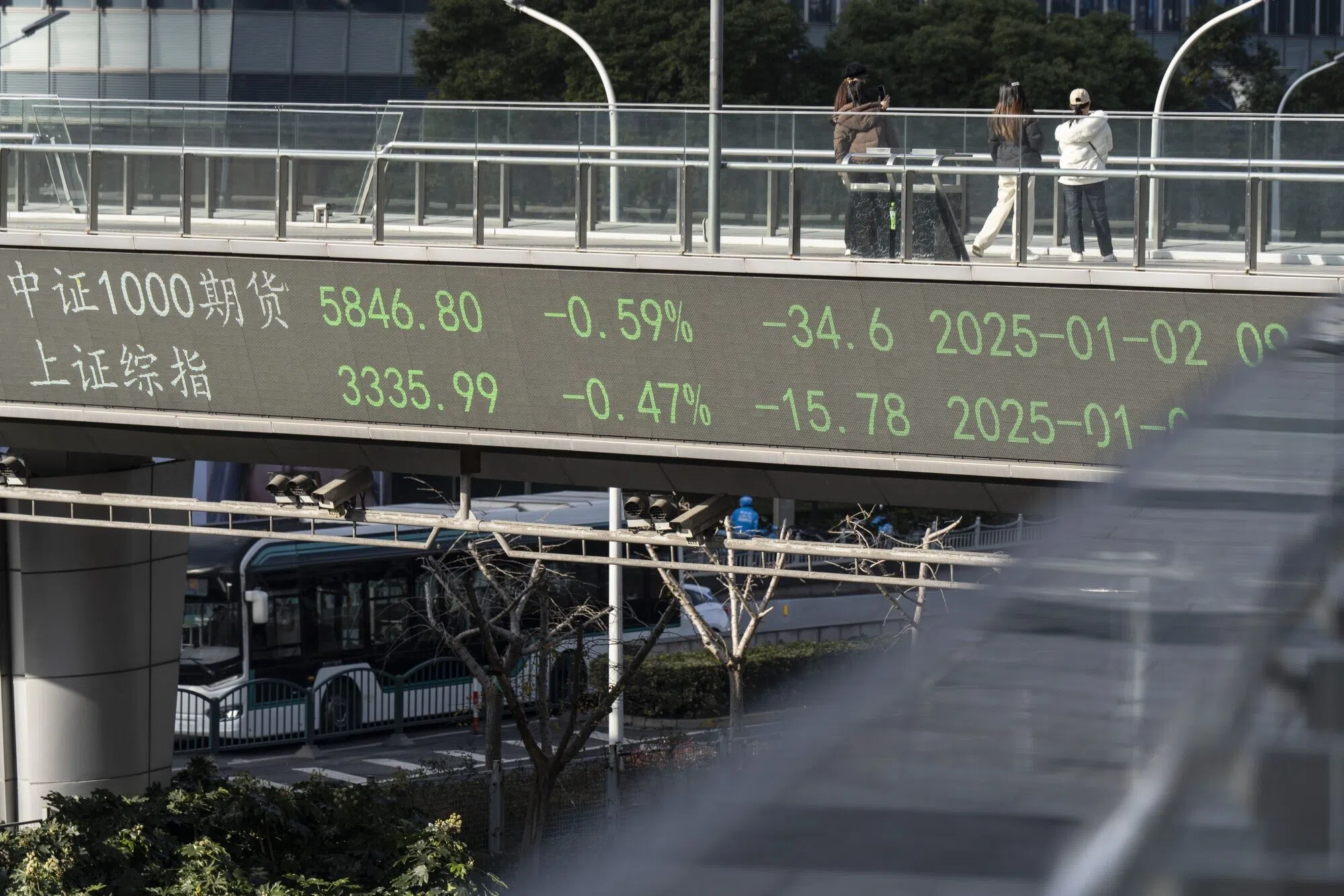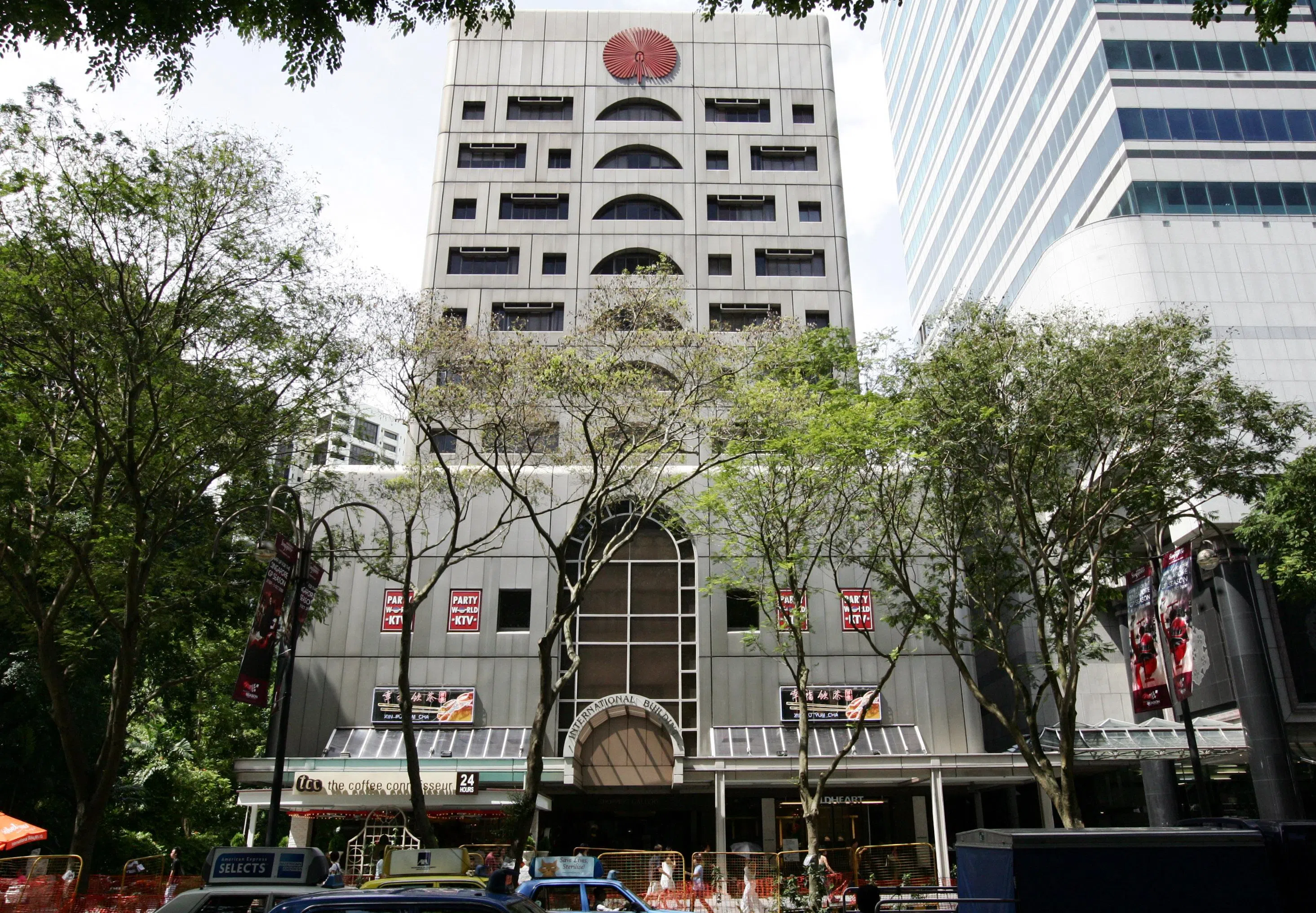NXP Semiconductors and a Taiwan Semiconductor Manufacturing Co (TSMC) affiliate are discussing an expansion of their US$7.8 billion Singapore venture, recognising a need to diversify chip production in anticipation of growing US-Chinese tensions over technology.
The Dutch firm and its Taiwanese partner Vanguard International Semiconductor (VIS) on Wednesday (Dec 4) broke ground on a joint chip plant in Singapore’s east. The partners are already working on a phase two expansion, NXP Executive vice-president Andy Micallef told Bloomberg News on the sidelines of the ceremony, though he said that addition has yet to be formally approved.
This week, tensions between the US and China intensified after the Biden administration slapped more curbs on Chinese access to foreign technologies, while Beijing retaliated by banning exports of some critical materials to America.
At the event, the NXP executive reiterated that his company is expanding its geographic footprint. The European chipmaker, a key producer of automotive and networking semiconductors, is looking to broaden its supply chain in China, the world’s biggest EV and telecom market, Micallef added.
“We are continuing to invest in Singapore. We are continuing on phase two of this when we get to 2030. Singapore is a very important site for NXP,” Micallef said.
There has been growing concern among gadget makers that escalating tensions in the Taiwan Strait could disrupt supplies of semiconductors required by everything from smartphones to electric vehicles. Taiwanese firms, led by TSMC, still make the bulk of the world’s chips.
A NEWSLETTER FOR YOU
Friday, 8.30 am
Asean Business
Business insights centering on South-east Asia’s fast-growing economies.
South-east Asia has emerged as a force in technology manufacturing, helped by relatively low labour costs, ample technology talent and proximity to major Asian consumer markets.
The NXP-VIS joint venture will make relatively mature 130-nanometre to 40-nanometre chips that are not as cutting-edge as those made by TSMC in Taiwan. But they remain critical to a range of industries. They will be used for functions such as power control in automotive, industrial, consumer and mobile products. The new plant is expected to create 1,500 jobs and begin production in 2027.
NXP is also trying to find a way to serve customers who will need capacity inside China, Micallef told Bloomberg News. NXP has a testing and packaging facility in the northern Chinese city of Tianjin, but it does not have front-end manufacturing operations in the country. Micallef did not provide details on the company’s China expansion plans.
“We will build a China supply chain. We are building with partners today,” Micallef said. “For customers who want a Chinese supply chain, we’ll have that capability.” BLOOMBERG







